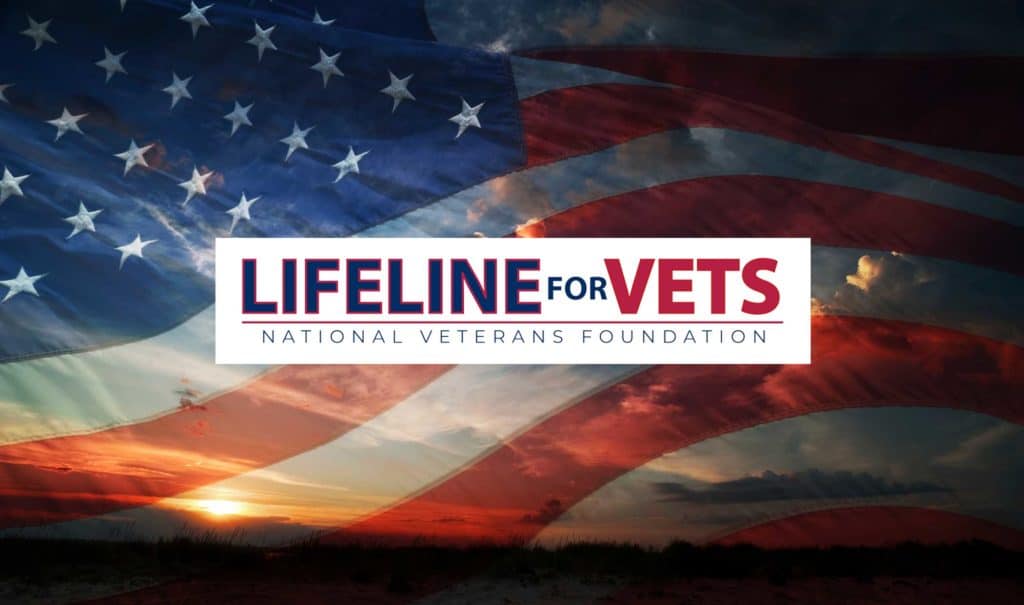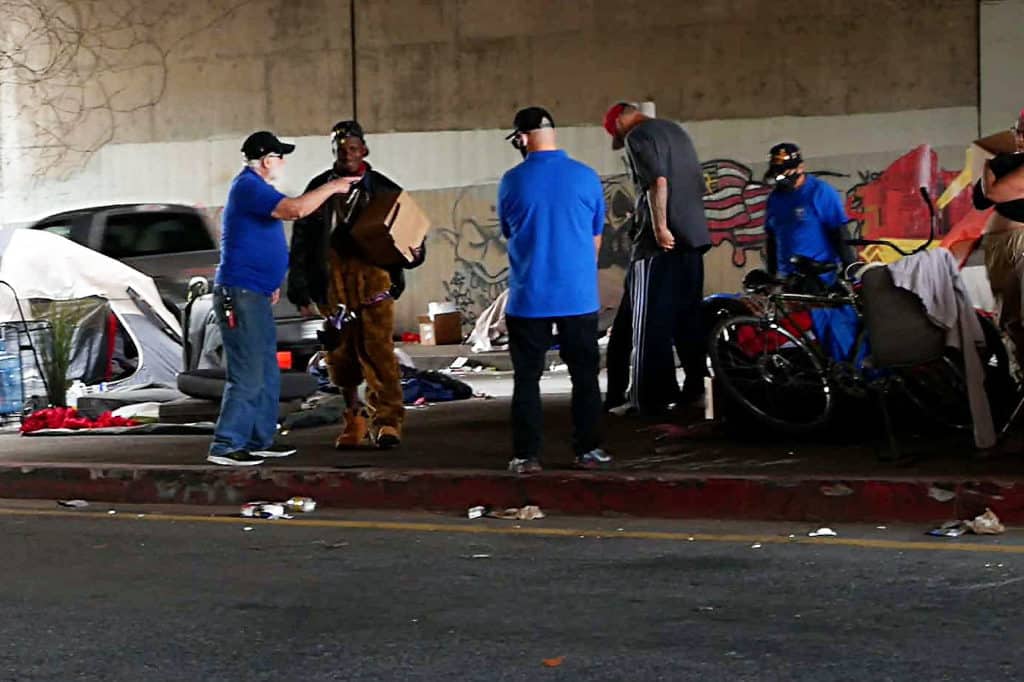On Veterans Day: The Ones We Missed
This November 11th will be our nation’s 96th Veterans Day – a day meant to mark the end of the “war to end all wars.” Almost a hundred years of parades and speeches, and of men and women returning to us from military service with seen and unseen injuries.
We know more than ever before about the toll of combat, of the reality of traumatic stress. Added to that now, is the widely recognized incidence of traumatic brain injury that can be a result of combat. As if the stress weren’t enough.
As a former psychiatric officer in Vietnam, I was involved in testifying on behalf of combat vets from Vietnam who landed in the criminal justice system in the ‘80s. At the time, nothing was known about post-traumatic stress, its symptoms and manifestations. I was part of a team that included Barry Levin, David Ferrier and others, who traveled the country to testify in the penalty phase of criminal trials of veterans. Understand that our testimony came after the verdict was reached. We campaigned for PTSD to be recognized, and to have rehabilitation in the form of counseling and treatment be a part of the penalty. It changed things. For one thing it led to the National Veterans Foundation sponsoring the first guide to defending veterans, Defending the Vietnam Combat Veteran by Levin and Ferrier, 1989. Twenty-five years later in 2014, the NVF sponsored the new Attorney’s Guide to Defending Veterans in Criminal Court, edited by Brockton Hunter and Ryan Else.
But the ones we missed still haunt me, those vets who found themselves in the criminal justice system before judges and juries gave any consideration of the effects of combat on vets. And there were plenty of them. One notable case stays in my mind.
James “Sneaky” White was a decorated combat Marine, then a decorated Army helicopter pilot in Vietnam. I don’t have to remind you how dangerous it was to fly missions to pick up wounded soldiers. We’ve all seen the movies. Not even Hollywood can exaggerate what it was like. The group White led got its name because it was so effective, “sneaking” up on the enemy over and over.
After the war, White was tried for a crime of passion and sentenced to life in prison without parole over 35 years ago. Since then there have been numerous attempts to free him. Why? Because here is a man who, from the moment he arrived in the prison system, made it his personal mission to make things better for veterans on the inside. He started vet groups wherever he was. That’s how I met him. He wanted to start an ongoing group of his own, and did. He setup college education programs within the prisons. For over 30 years, he’s raised money for veterans and communities from inside those prison walls. To the tune of over $350,000.00. You can read more here: https://www.marketplace.org/topics/your-money/supporting-veterans-behind-bars
He’s mentored countless men who’ve been able to return to society as productive citizens and yet he’s consistently denied parole. Things might have been different if his case had included information about his combat service in Vietnam, his PTSD. I can’t help wondering why the life he’s put together for himself since his sentencing, and the work he’s done in service to incarcerated veterans doesn’t seem to weigh in the balance.
We hear all the time on our LifeLine for Vets, that communicating vet-to-vet makes all the difference. That’s what sets James White apart. He’s been that vet, talking to other vets, challenging them to make their lives better, and then pitching in to help them do that.
It just seems like 30 years is enough. So on November 11, I’ll be thinking of him, and thanking him for his service—in Vietnam all those years ago and throughout the years he’s served a prison sentence. He’s a rare man. I honor him.
If you know a vet who needs help, here’s our vet-to-vet LifeLine: 888.777.4443.
Make a difference in a vet’s life. We are veterans helping veterans.
You can be a part of our mission to help Veterans by making a tax-deductible donation!
About the Author
SUBSCRIBE TO OUR BLOG AND NEWS!
By submitting this form, you are granting: NATIONAL VETERANS FOUNDATION INC permission to email you. You may unsubscribe via the link found at the bottom of every email. (See our Email Privacy Policy for details.)
Related Posts





